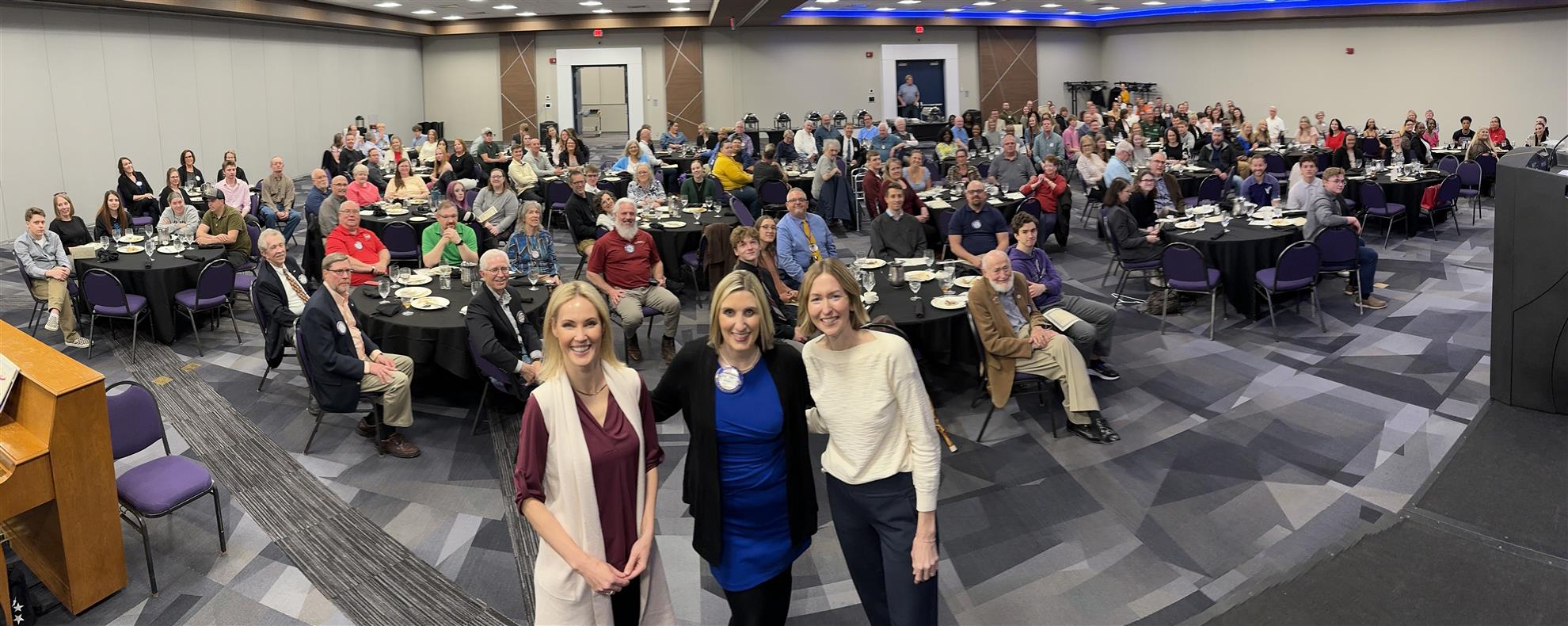

Elizabeth Klinge came back to Iowa after spending the last three years as an Anchor/Reporter at KOVR-TV in Sacramento, California. She anchors the KWWL News at 5, 6, & 10 pm.
Klinge grew up on a farm near Elkader, Iowa. She attended the University of Iowa where she earned a Bachelor of Arts degree in Journalism and graduated with honors and high distinction.
After college, Klinge was a Reporter/Anchor at WHO-TV in Des Moines for nearly seven years. After that, she was an Anchor/Reporter at KCCI-TV in Des Moines for almost five years.
She has been honored with an Upper Midwest Regional Emmy Award for Best Morning Newscast and nominated for News Anchoring.
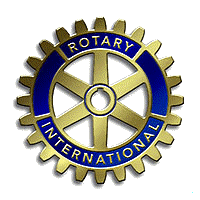

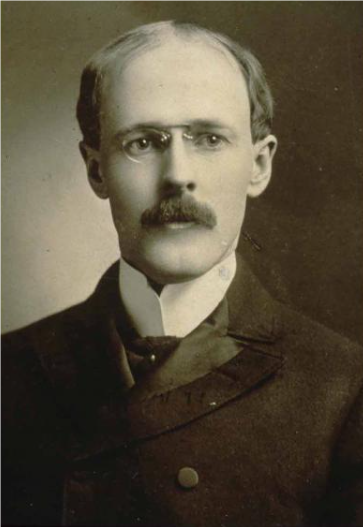
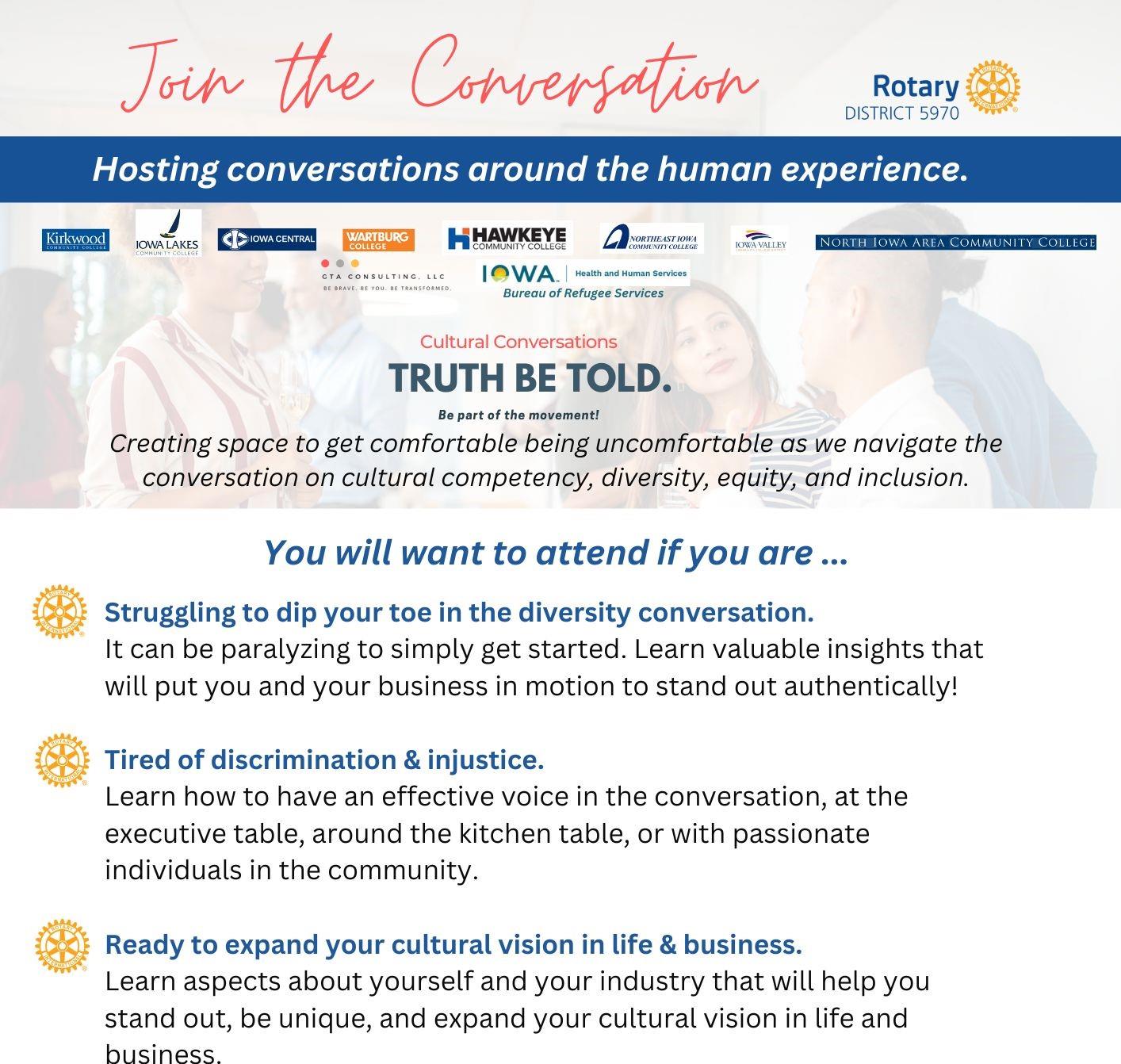

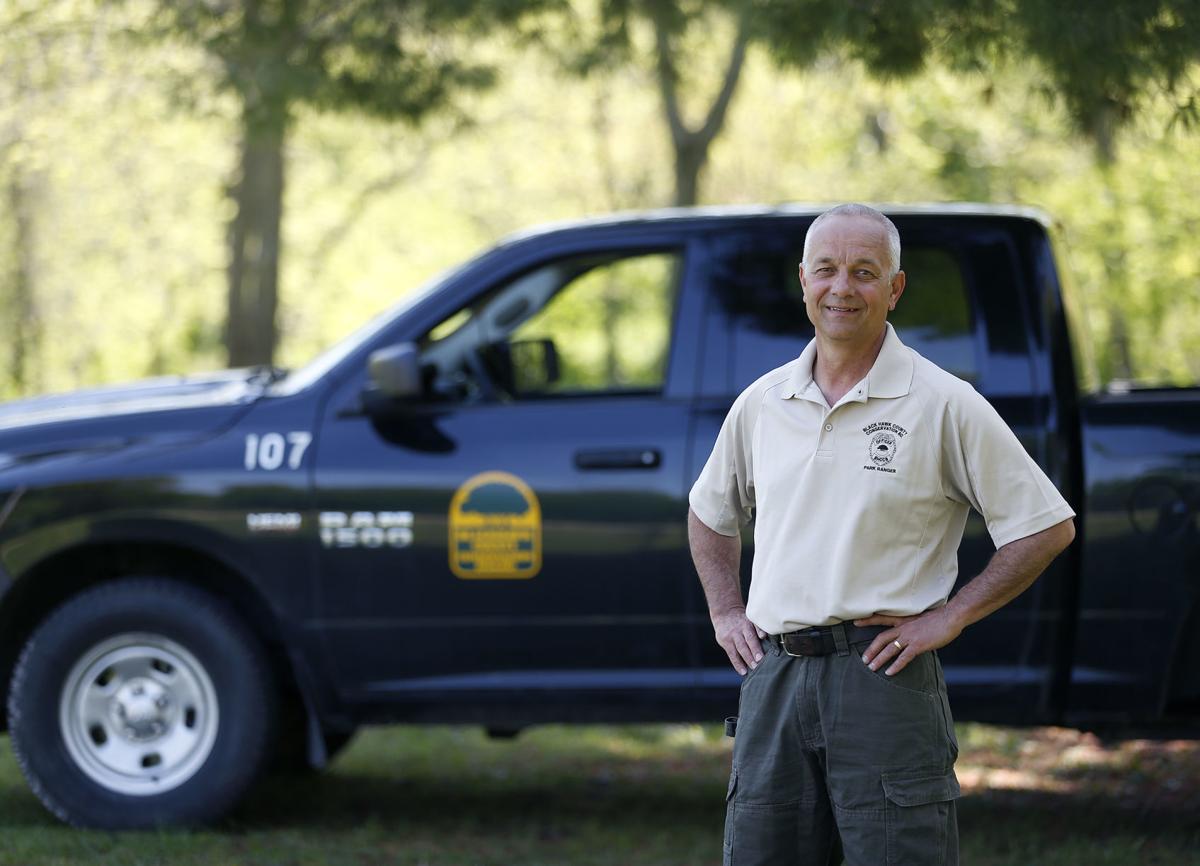


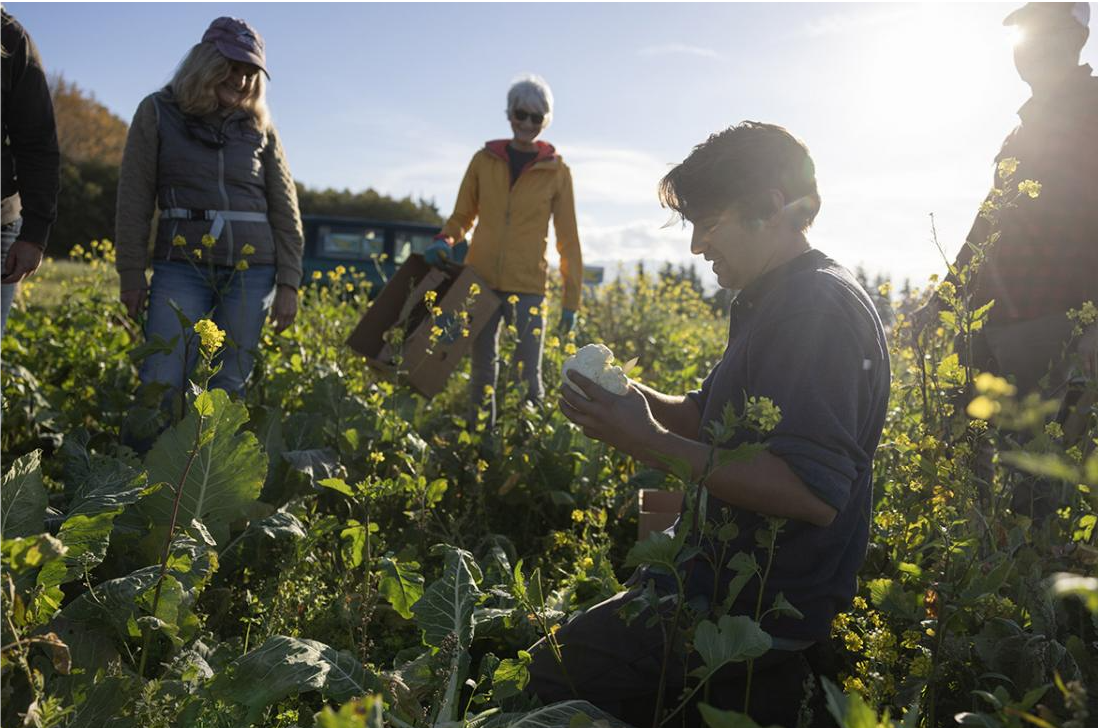
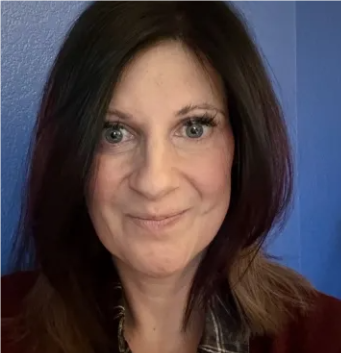

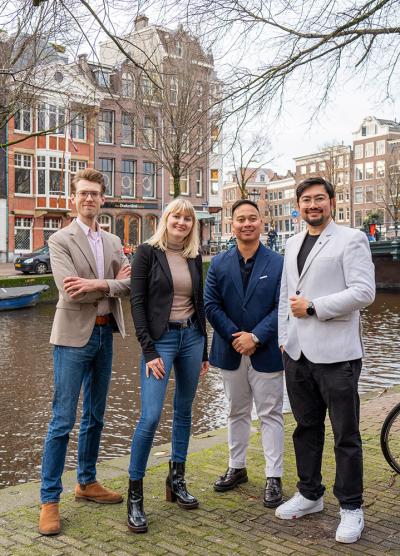



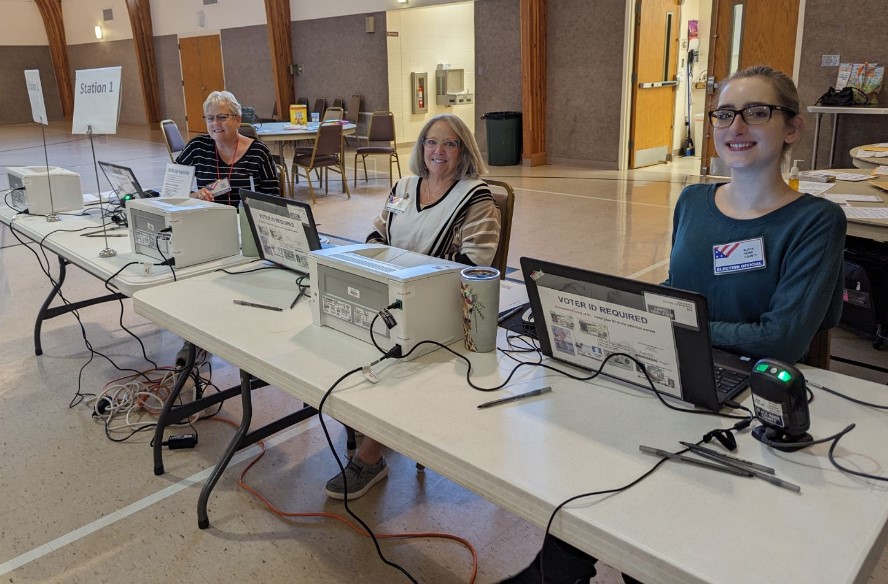
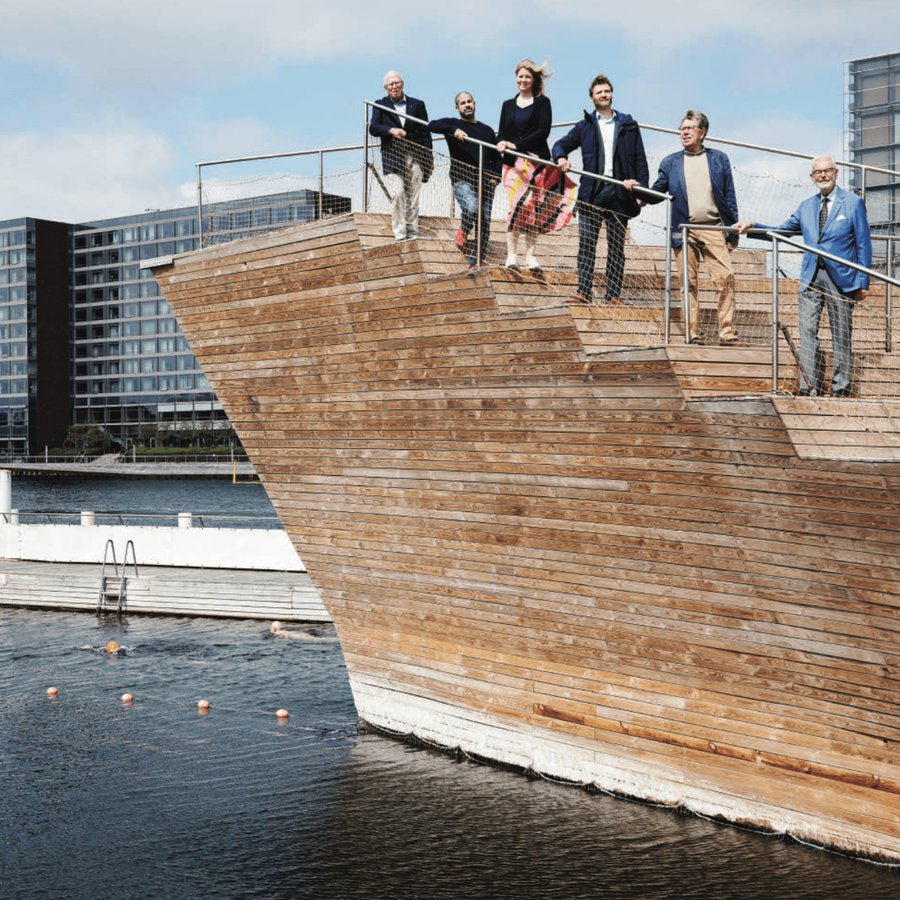
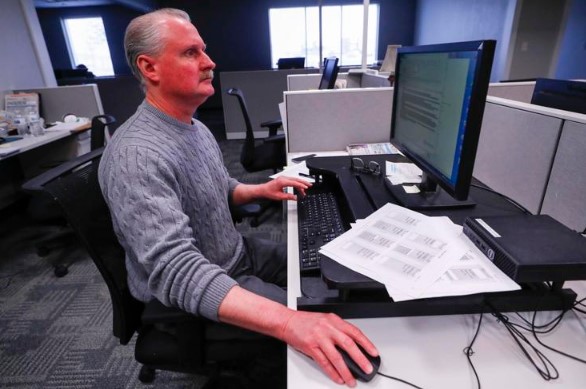
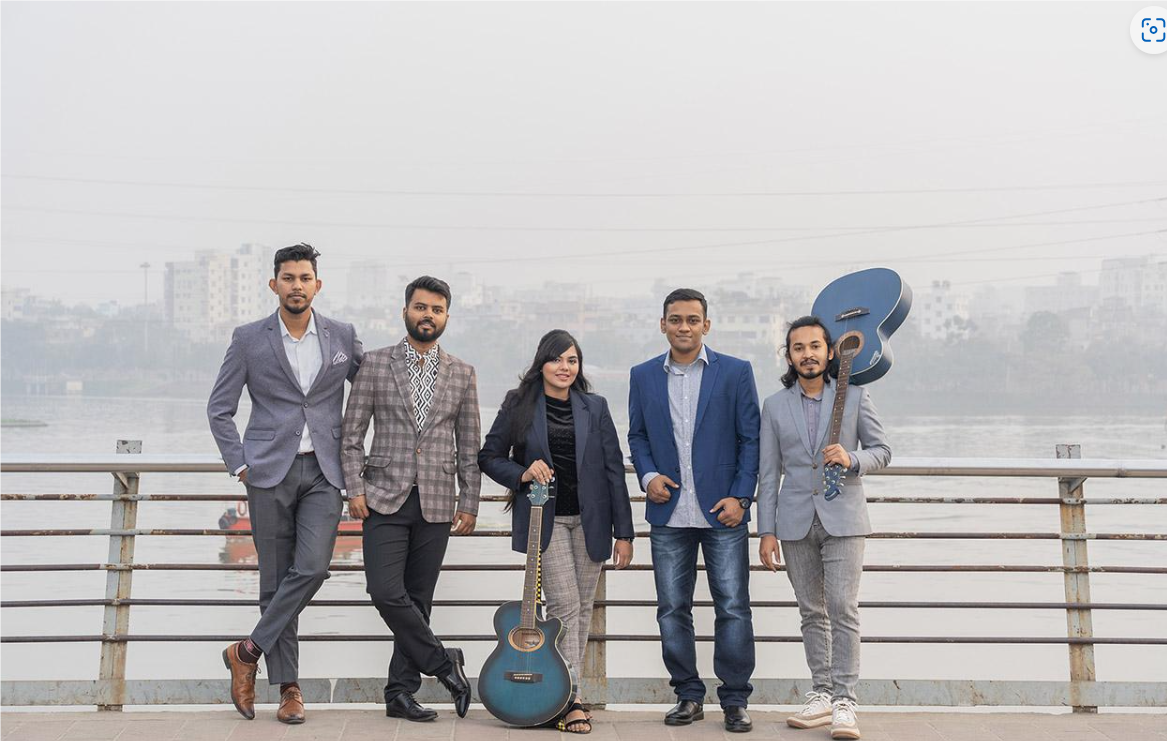
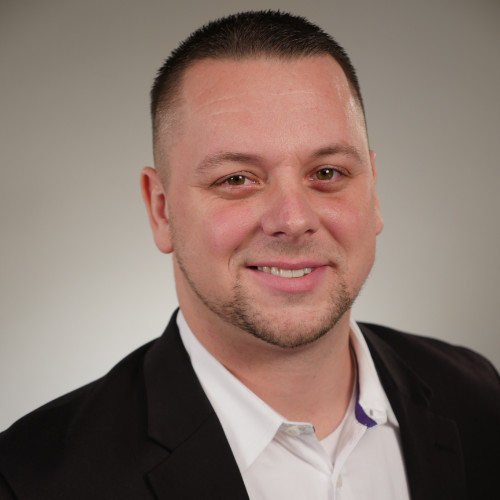

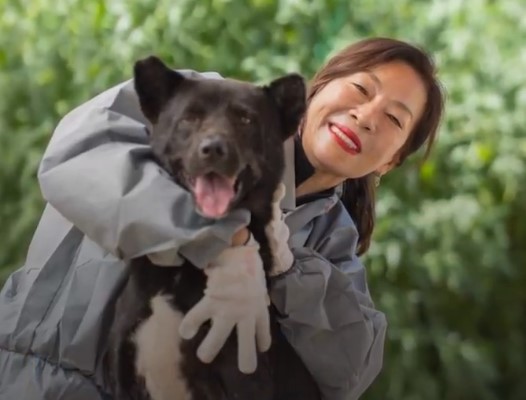

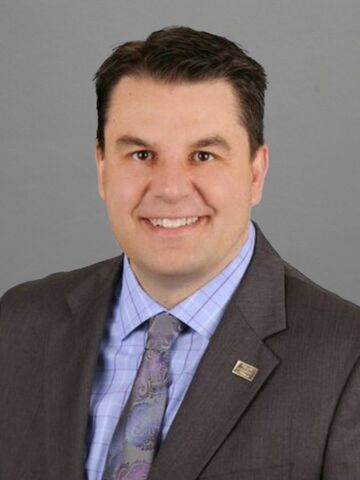
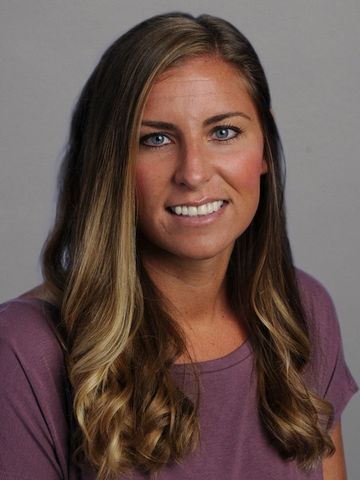
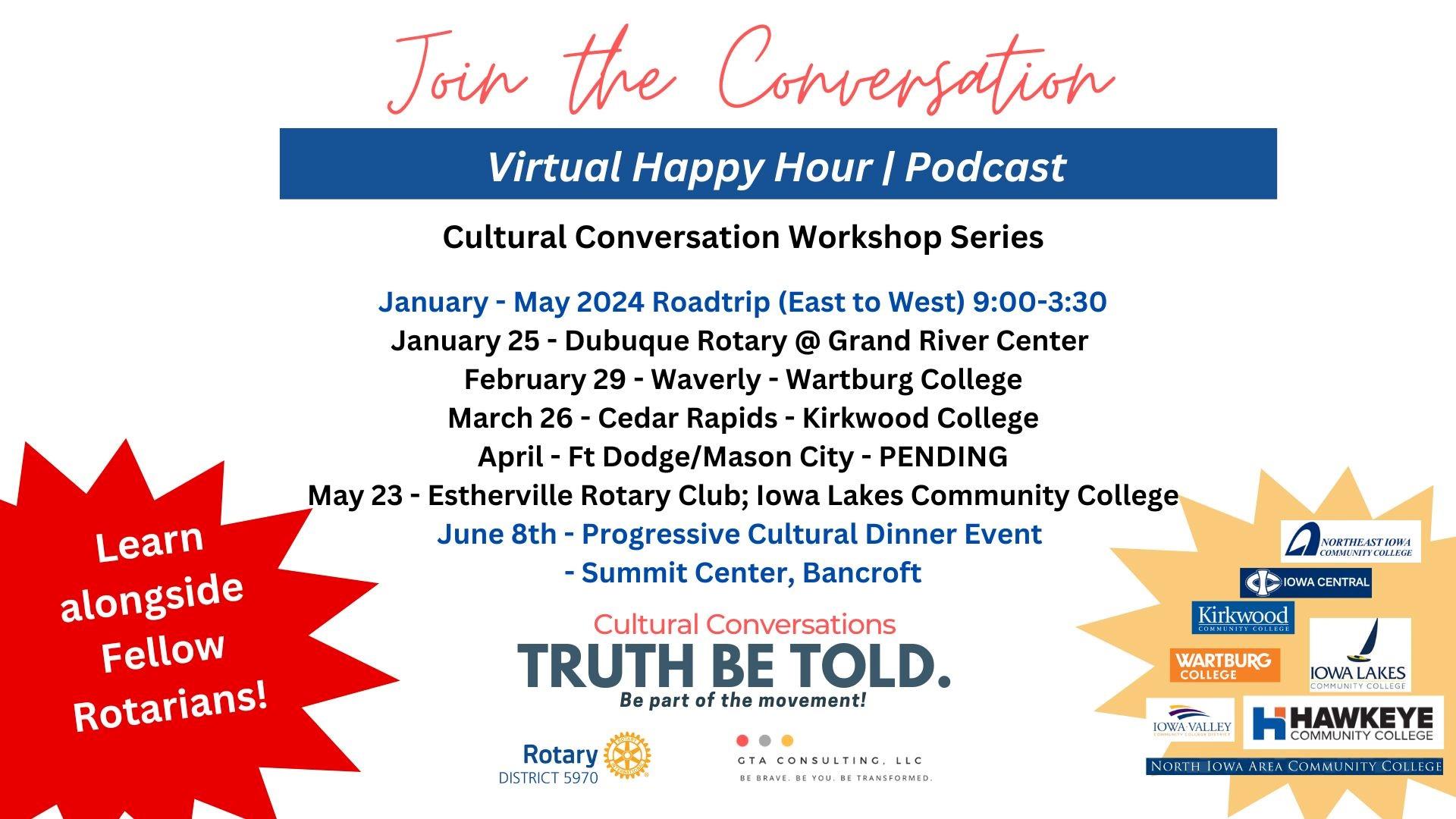
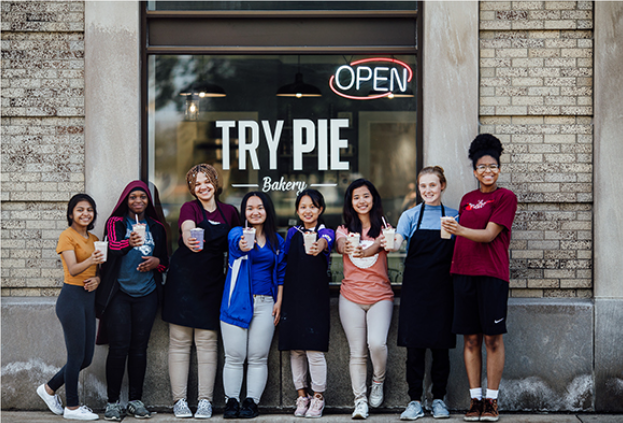
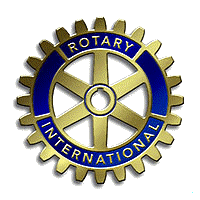
.png)












